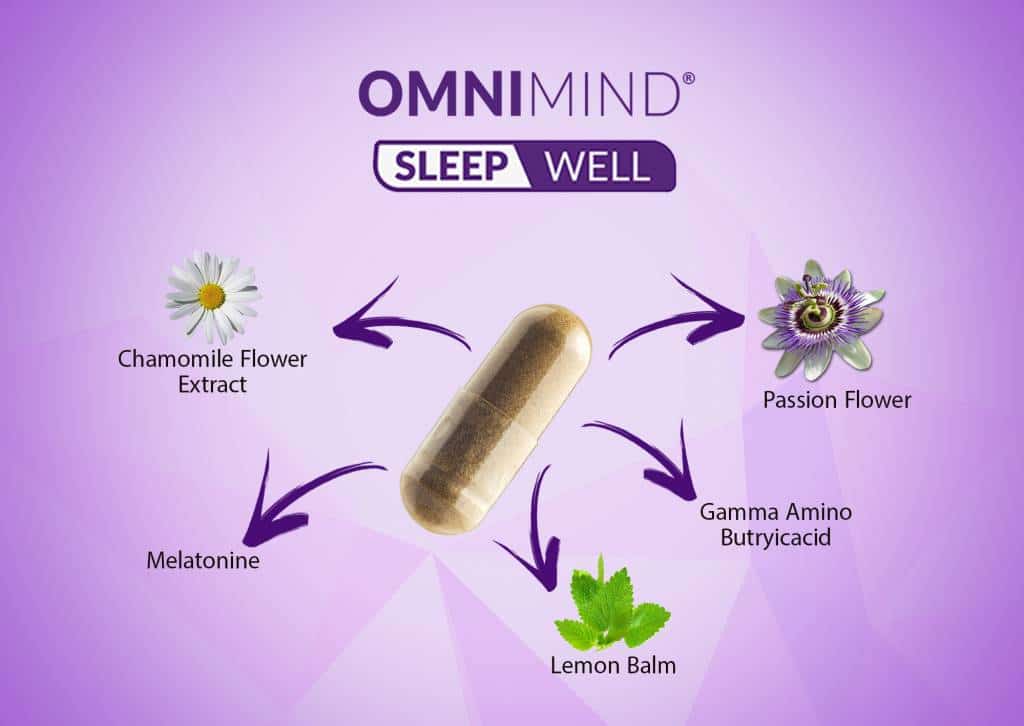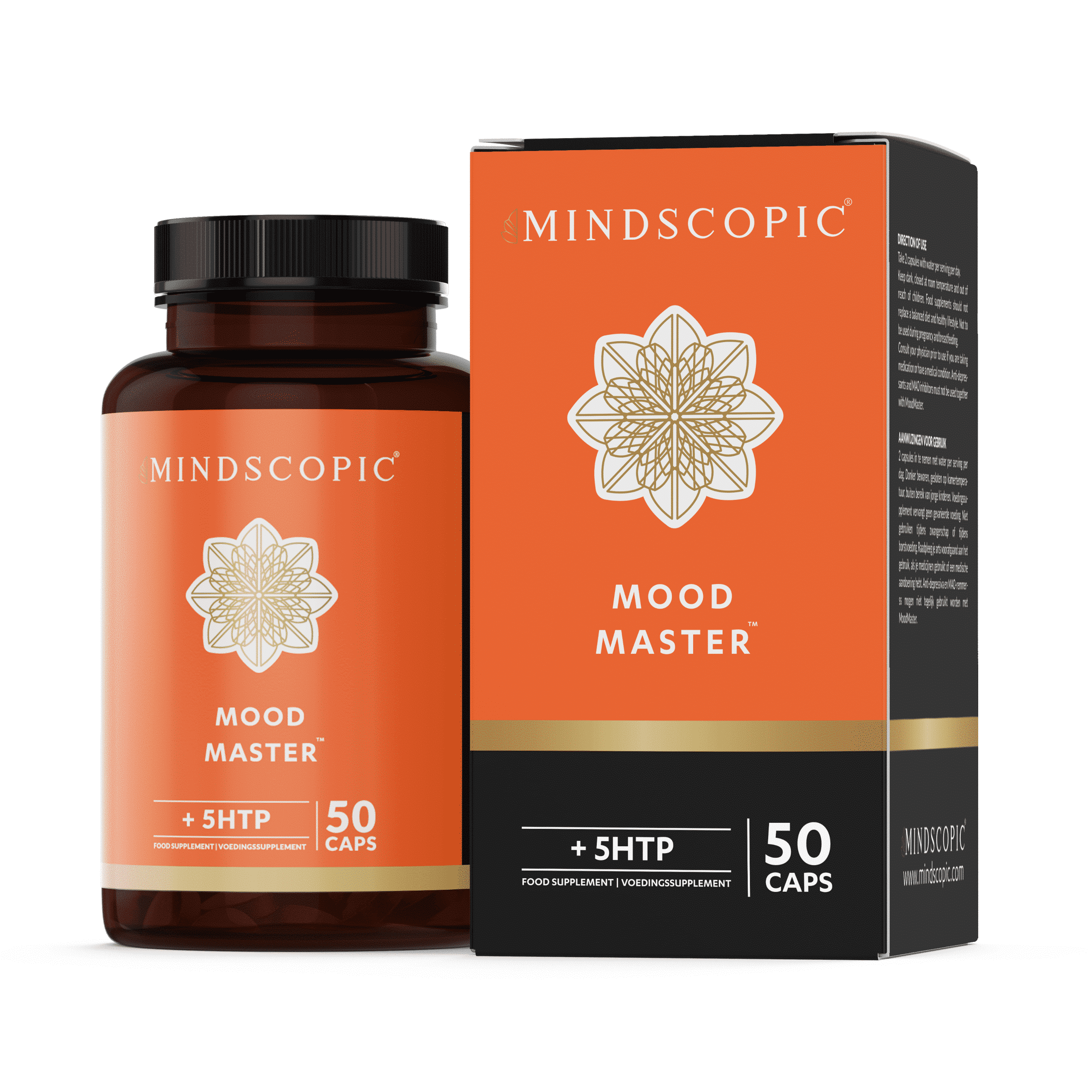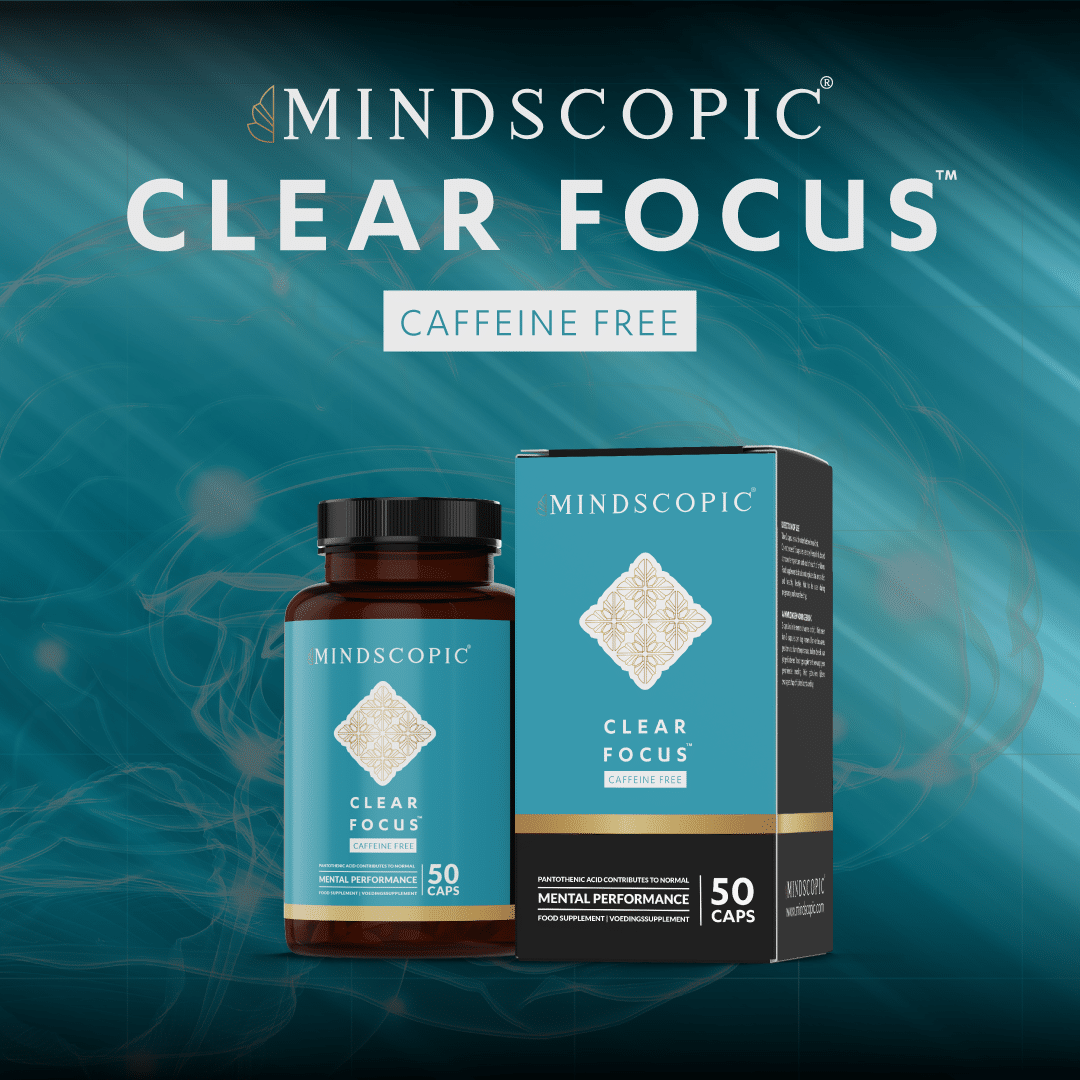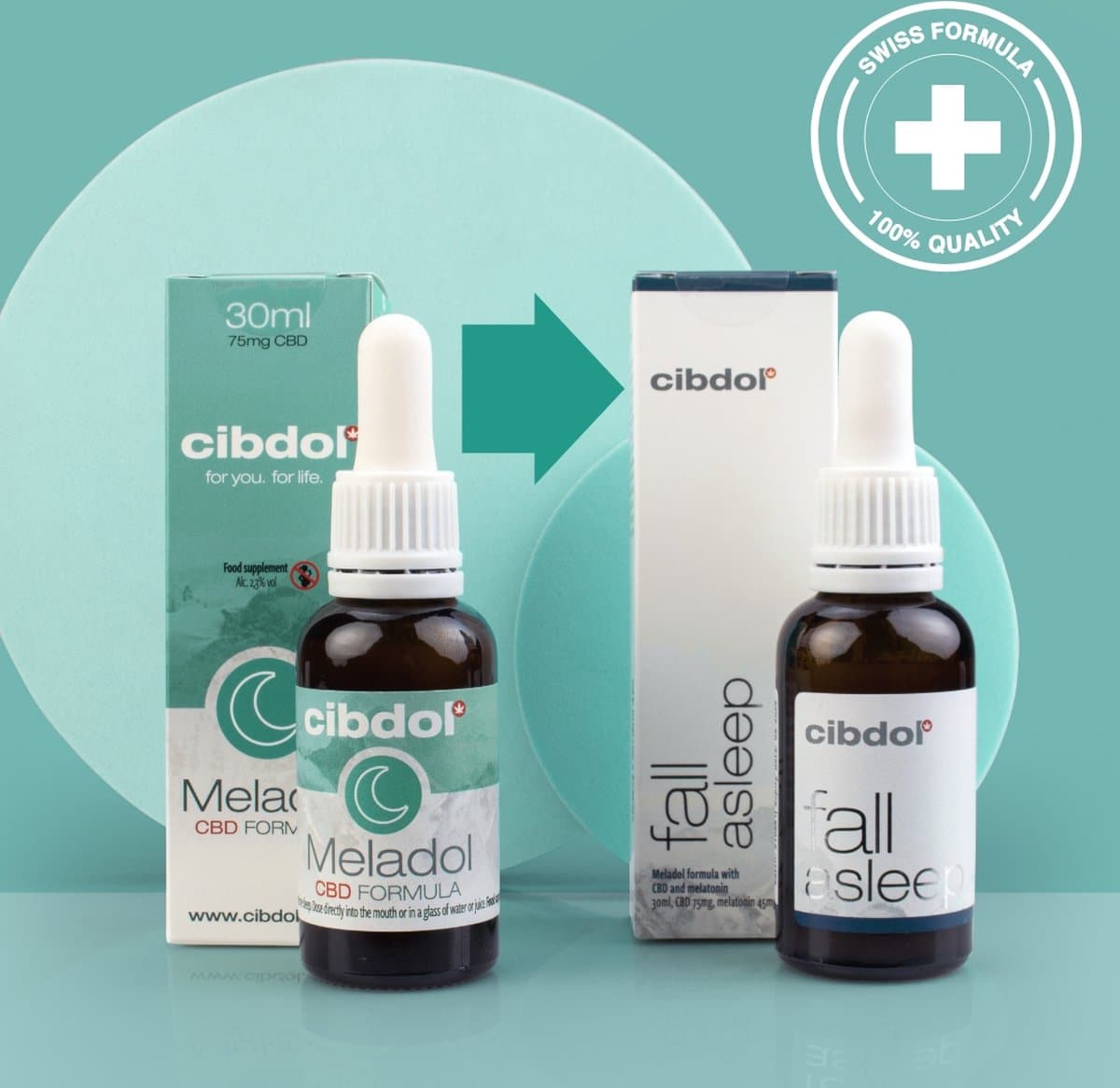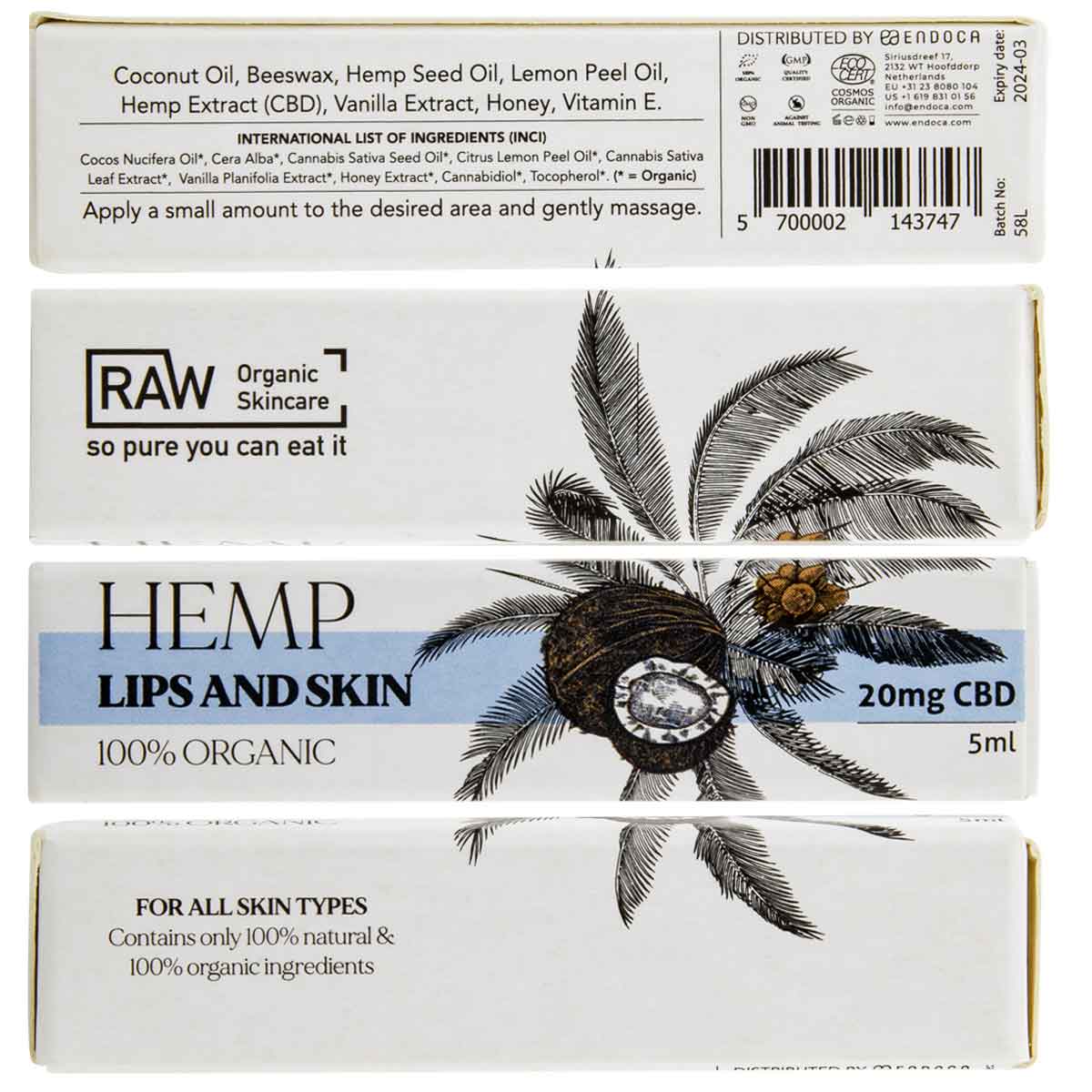The rise of CBD oil in the wellness arena has piqued curiosity about its mechanisms within the human body. Understanding the science behind CBD’s actions unveils a complex interplay between the compound and the body’s intricate systems.
The Endocannabinoid System: CBD’s Target
At the heart of CBD’s effects lies the endocannabinoid system (ECS). This intricate network of receptors and neurotransmitters plays a pivotal role in maintaining balance within various bodily functions, such as mood, pain perception, immune response, and more.
CBD and Receptor Interactions
CBD interacts with ECS receptors, primarily CB1 and CB2 receptors. Unlike THC, CBD doesn’t directly bind to these receptors. Instead, it influences their activity, modulating neurotransmitter release and impacting various physiological processes.
Neurotransmitter Modulation: Balancing Act
CBD’s influence on neurotransmitters, such as serotonin and anandamide, contributes to its potential therapeutic effects. By enhancing serotonin levels and regulating anandamide breakdown, CBD may influence mood regulation and pain perception.
Anti-Inflammatory and Analgesic Properties
CBD’s anti-inflammatory properties are attributed to its interaction with receptors outside the ECS. By targeting receptors associated with pain perception and inflammation, CBD showcases potential in managing chronic pain and inflammatory conditions.
Neuroprotective Potential: Shielding the Brain
Research suggests CBD’s neuroprotective properties, highlighting its potential in mitigating neurological disorders. Its ability to protect brain cells and influence neurotransmitter release opens doors for exploring treatment avenues for conditions like epilepsy and neurodegenerative diseases.
The Entourage Effect: Collaborative Benefits
CBD doesn’t work alone. The entourage effect postulates that CBD’s efficacy is amplified in the presence of other cannabis compounds, like terpenes and minor cannabinoids. This collaborative effect enhances the overall therapeutic potential.
Conclusion: The Intricacies of CBD’s Mechanisms
Unraveling the science behind CBD’s workings showcases its multifaceted interactions within the body’s systems. From influencing neurotransmitters to modulating receptors and exhibiting anti-inflammatory properties, CBD’s potential spans diverse domains of health and wellness.
In essence, understanding CBD’s actions at the molecular level sheds light on its potential therapeutic applications. While ongoing research continues to unveil its complexities, the science behind CBD oil offers promising prospects in the realm of natural health remedies.


 Excellent rating on
Excellent rating on 

